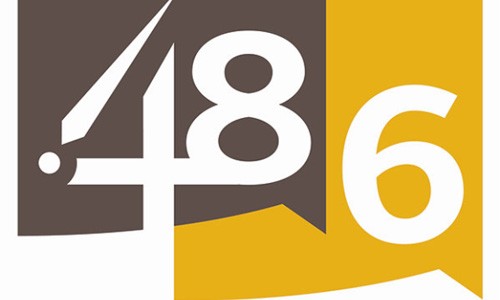Get to know the real person behind the patient with 48/6
The 48/6 Model of Care provides a structured approach for what we already do every day: patient assessments and care planning. But it goes one step further. The Care Plan is a a permanent part of the patient’s record and a tool to increase interdisciplinary collaboration, improve patient safety and reduce the length of hospital stays.
Planning together to go home better
The goal is to return the patient back to, or as close to as possible, their pre-illness/injury status by working as a cohesive team. Acute care patients are assessed on six key functional care areas and related issues are addressed within 48 hours of admission through an interdisciplinary Care Plan.
What are the six functional care areas?
- Cognitive Functioning
- Functional Mobility
- Medication Management
- Pain Management
- Bowel & Bladder Management
- Nutrition & Hydration Management
Why 48/6?
When we can identify functional issues on patient admission and work together with our patients as an interdisciplinary team to address them, patient stays are shorter and people are more likely to maintain a level of independence they had before they were admitted.
It’s part of our True North Goal to provide the best care.
How is 48/6 being implemented?
48/6 is a Ministry Clinical Care Management (CCM) guideline that is being implemented in health authorities across BC. We’ll will be implementing it over the next year for all acute care patients admitted for more than 48 hours, with the exception of maternity patients.
We are currently in the pilot phase
We piloted 48/6 in October last year on units at St. Mary’s Hospital, Sechelt, and the Mental Health Unit at LGH. Pilot units continue to integrate it in their daily workflow. The discharge coordinator at St Mary’s states she loves 48/6! Nurses at LGH state they appreciate the interdisciplinary collaboration and the fact that patient baseline status is factored into the discharge plan.
Over the next two months 48/6 will be implemented on selected acute units at LGH, VGH, RH, PHC, and Powell River Hospital.
The next phase of the rollout will happen in Fall 2014.
Feedback from the pilot informs the VCH Strategy
Interdisciplinary content experts, Professional Practice and Quality & Patient Safety have used feedback from the pilot units and the experiences of other health authorities across BC to create 48/6 screening questions and related supporting documents.
Clinical Education has been actively involved in developing a regional education plan to support implementation across VCH. Each Community of Care has a 48/6 working group who will be the resource for implementation. We will also provide toolkits and online materials to support educators and others supporting the rollout.
How does 48/6 relate to CST?
We have been aligned with CST since inception and are working collaboratively with Providence Health Care to prepare for implementation.
More information
Contact: Sue Goulding, Project Manager (sue.goulding@vch.ca). We’ll be sharing more updates here in VCH News to keep you posted on 48/6.


Kitty Dube
Hi Sue, just wanted to say Hi and hope all is going well with your new position. Sounds interesting. Hope you get to enjoy some of the nice weather. Take care and Cheers.
Kitty
Ian Fingler
Have heard through colleagues at Fraser Health Emergency departments, that this is a another good idea poorly implemented. Big time waster for the ER nurses. Hope it rolls out better at VCH.
Sue Goulding
Thanks for your feedback Ian. We have started with pilot units at VCH to work out the kinks early on and use the feedback we receive to develop a solution for VCH. We have also developed a number of tools and resources to support units. As with many changes, we know there will be challenges along the way, so it’s great to hear from people like you about how we are doing. Please contact me directly with any questions or ideas you have for implementing 48/6 in your area. sue.goulding@vch.ca